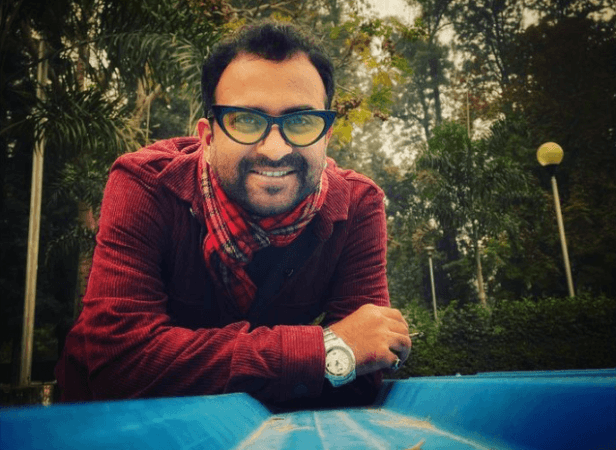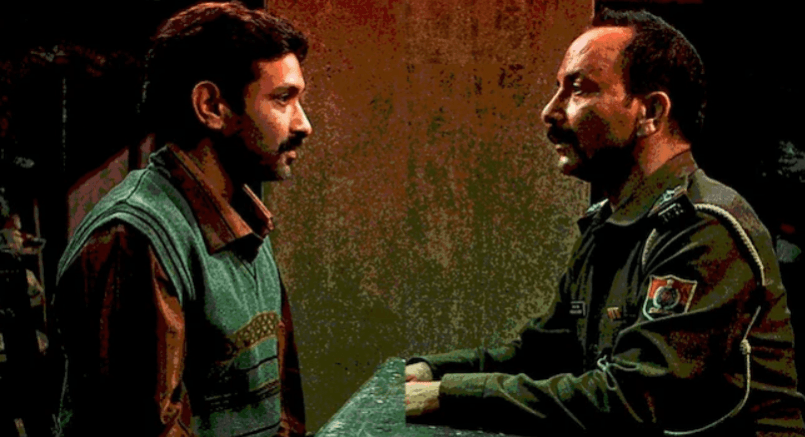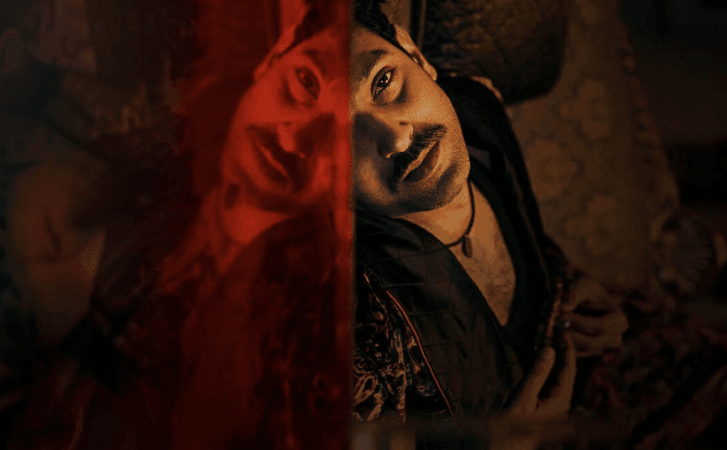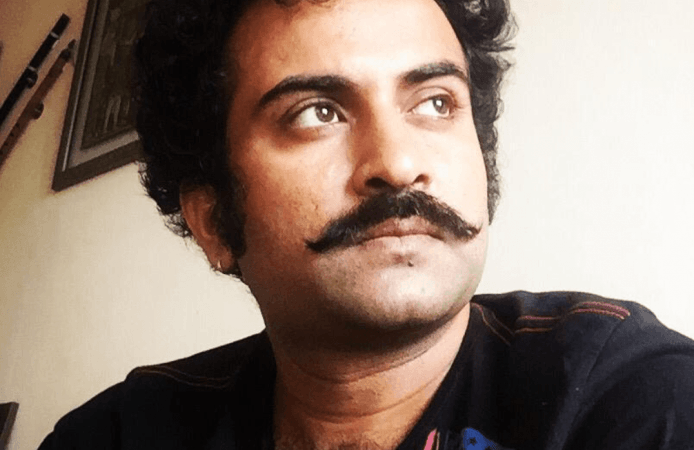
Vikrant Massey and Deepak Dobriyal's Sector 36 has left social media shocked with the gruesome details and depiction of the true crime series. Based on the infamous Nithari killings, Ajit Singh Palawat plays the role of a constable in in the Netflix series. The series has been directed by Aditya Nimbalkar.

Known for his compelling performances in films such as Vedaa, Lukka Chuppi, Poster Boys, Drishyam 2, Collar Bomb and more; Ajit Singh has left a major impact on the audience with his portrayal of a constable that brings about a major twist in the plot. International Business Times, India, got in touch with the actor to talk about his working experience, the reception his role received, Vedaa BO failure and lots more.

How was it working with Aditya Nimbalkar?
Working with Aditya Nimbalkar has been rewarding both professionally and personally. Since Sector 36 is his debut film, there's a special excitement, like that "first child" feeling. Having previously worked under Vishal Bhardwaj, Aditya gained valuable experience, especially in writing, and it shows in the seamless narration of the film, where every character's story flows naturally.
As an actor, I always appreciate a director who allows room for interpretation, rather than dictating every outcome. Aditya's inputs during reading sessions were thoughtful and precise, giving me space to fully embody my role. His small but impactful suggestions whether adjusting dialogue or refining a scene made the process feel organic. Instead of just reciting lines, I was able to truly feel and express the character. It created an authentic and meaningful performance.

What made you say yes to the role?
The question is important because, as actors who are trying to make a name for ourselves, we want to show that we can play a range of characters. We hope directors and producers recognize our potential and trust us with new opportunities. Like I mentioned, most of my work so far has been in steady roles, mainly playing police officers whether it's a constable or an inspector. At one point, I felt like I was being typecast, thinking, "This is all I'm going to get."
It felt like I was stuck in a cycle, surrounded by the same kind of office politics and dynamics. What really stood out for me, though, were the dialogues written for the police characters. The writer did an incredible job, and the lines had a real impact on the story. When I first read the character of Pathak, I hesitated because it was another police role. I wasn't sure if I should take it. But honestly, my mindset was that until something different comes along, I have to work with the opportunities I'm given. I think every rising actor can relate to that. It's important to be on screen, to be visible, and to show that you can do more than just one type of role. So when I got the chance to play Pathak, I knew I had to take it. And I'm really glad I did.
You've worked in many films like Lukka Chupi, Poster Boys, Drishyam, and others. What has been your biggest learning so far from actors like Ajay Devgn, Pankaj Tripathi etc?
Yes, I've played roles in various movies, and I'm grateful for the opportunities. After spending so much time in theater, I realized how different cinema is. It's a gradual learning process, where you begin to understand your strengths and limitations, and I'm happy to be evolving in that way.
For example, when I worked with Ajay Devgn in Drishyam, I was impressed by how connected he remained to his character, even between takes. It taught me the importance of timing and control in front of the camera. Similarly, working with actors like Kartik Aaryan in Luka Chuppi, Kriti Sanon, and Pankaj Tripathi in Criminal Justice, Sharvari in Vedaa showed me how each actor has a unique way of facing the camera. I learned that the camera captures every subtle gesture and expression, and understanding that has been a valuable lesson in my journey.

How was your working experience with John Abraham in Vedaa? Any take aways?
My experience of working with John Abraham in the film was quite fantastic. He's taking on something completely different with Vedaa. The film is in a language that isn't his native one, and his character has a very different background. Yet, he believed in the project so much that he not only acted in it but also produced it. Watching him switch between his roles as producer and actor was really impressive, and I was truly inspired by his dedication.
What could be the reason behind the film not working at the box office?
In my opinion, the reason why Vedaa may not have performed well at the box office is that the audience perhaps didn't connect with it. In 2024, our lives have become so fast-paced, and we experience stories in such diverse ways, that I feel the film's narrative didn't quite resonate in the way it was intended. Even though Nikhil sir shot each character's story with great detail, I'm not sure if it would have reached the audience even if those parts had made it into the final cut.
I believe that sometimes the final editing decisions the ones that shape the narrative's direction play a crucial role. And I think the film may have lost something in that process. During shooting, there were many layers and details that Nikhil sir captured beautifully. However, when the final version came together, it felt like some of those layers were missing, and the story of the characters got a bit lost. But that's actually just my perspective.


!['Abhishek will win national award': Abhishek Bachchan's poignant act will tug your heartstrings in slice of life emotional saga I Want To Talk [trailer review] 'Abhishek will win national award': Abhishek Bachchan's poignant act will tug your heartstrings in slice of life emotional saga I Want To Talk [trailer review]](https://data1.ibtimes.co.in/en/full/805617/abhishek-will-win-national-award-abhishek-bachchans-poignant-act-will-tug-your-heartstrings.jpg?w=220&h=135&l=50&t=40)






!['Abhishek will win national award': Abhishek Bachchan's poignant act will tug your heartstrings in slice of life emotional saga I Want To Talk [trailer review]](https://data1.ibtimes.co.in/en/full/805617/abhishek-will-win-national-award-abhishek-bachchans-poignant-act-will-tug-your-heartstrings.jpg?w=220&h=138)
!['Abhishek will win national award': Abhishek Bachchan's poignant act will tug your heartstrings in slice of life emotional saga I Want To Talk [trailer review]](https://data1.ibtimes.co.in/en/full/805617/abhishek-will-win-national-award-abhishek-bachchans-poignant-act-will-tug-your-heartstrings.jpg?w=220&h=135)


